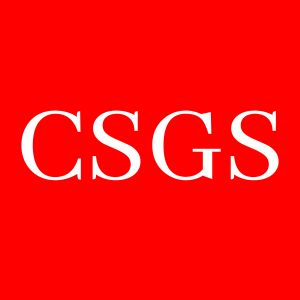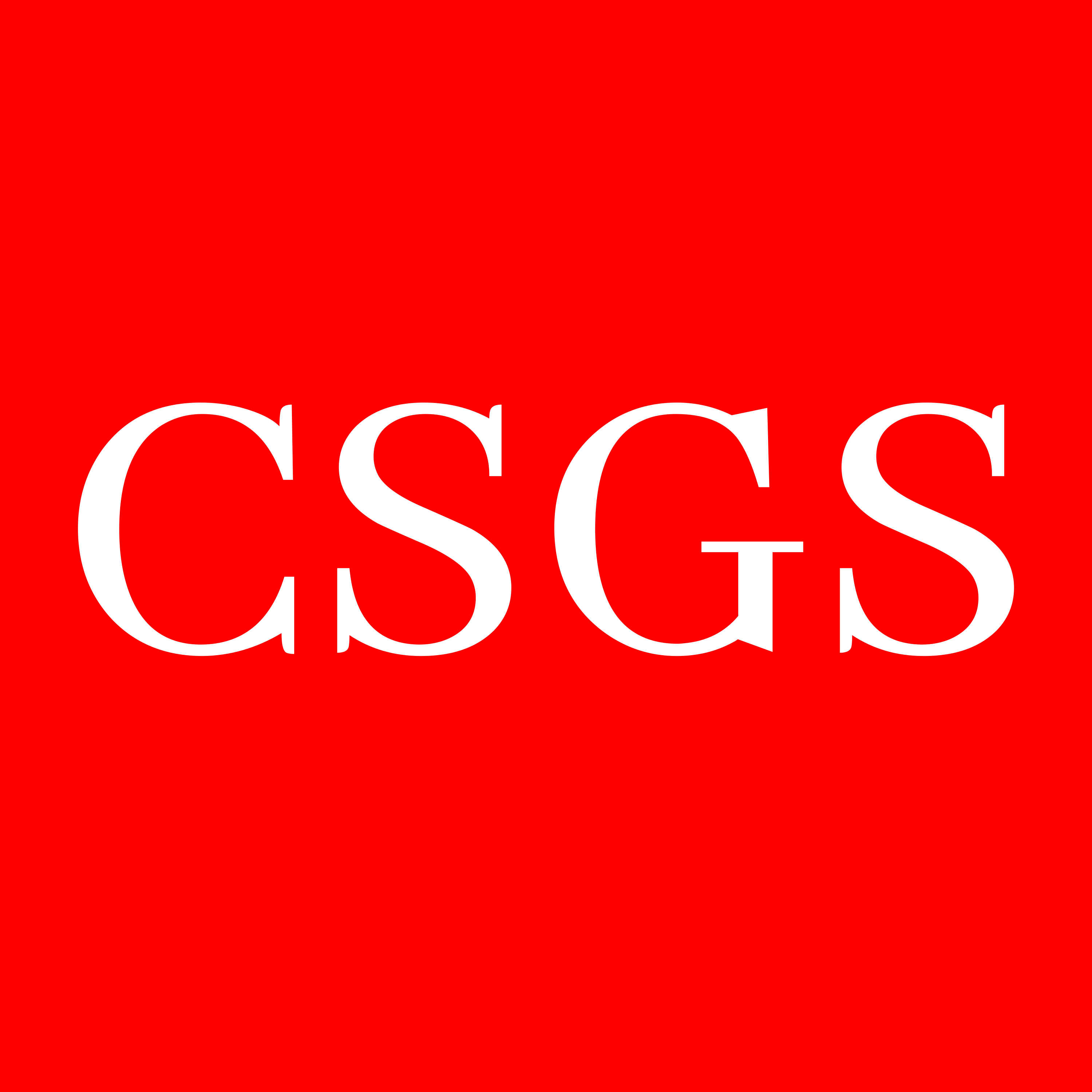Episodes

Wednesday Feb 10, 2021
Should the State Recognise Marriage? In Conversation with Clare Chambers
Wednesday Feb 10, 2021
Wednesday Feb 10, 2021
In the first episode of the Counterintuitive Series on the Governance Podcast, Professor Clare Chambers (University of Cambridge) defends the ideal of the marriage free state. She argues that for reasons of justice and equality, the state should not legally recognise - and therefore, privilege - any particular form of marriage. And until it ceases to do so, we must consider its actions unjust.
Subscribe on iTunes and Spotify
Subscribe to the Governance Podcast on iTunes and Spotify today and get all our latest episodes directly in your pocket.
Follow Us
For more information about our upcoming podcasts and events, follow us on facebook, twitter or instagram (@csgskcl).
The Guest
Clare Chambers is Professor of Political Philosophy and a Fellow of Jesus College. She came to Jesus College and to the Faculty of Philosophy in the University of Cambridge in 2006. Previously she held academic positions at the University of Oxford and the London School of Economics, and has twice been a visiting scholar at UC Berkeley.
Prof Chambers is on leave from College duties from October 2018 until October 2021. During that time she has a Major Research Fellowship from the Leverhulme Trust to work on a project titled Intact: The Political Philosophy of the Unmodified Body.
Prof Chambers is a Council member of the Nuffield Council on Bioethics, the UK’s leading independent body informing policy and public debate about the ethical questions surrounding medical and biological innovations and research. She is also Editor-in-Chief of Res Publica, a journal of moral, legal, and political philosophy; a member of the Executive Committee of The Aristotelian Society; and the Secretary of the Britain and Ireland Association for Political Thought.


No comments yet. Be the first to say something!